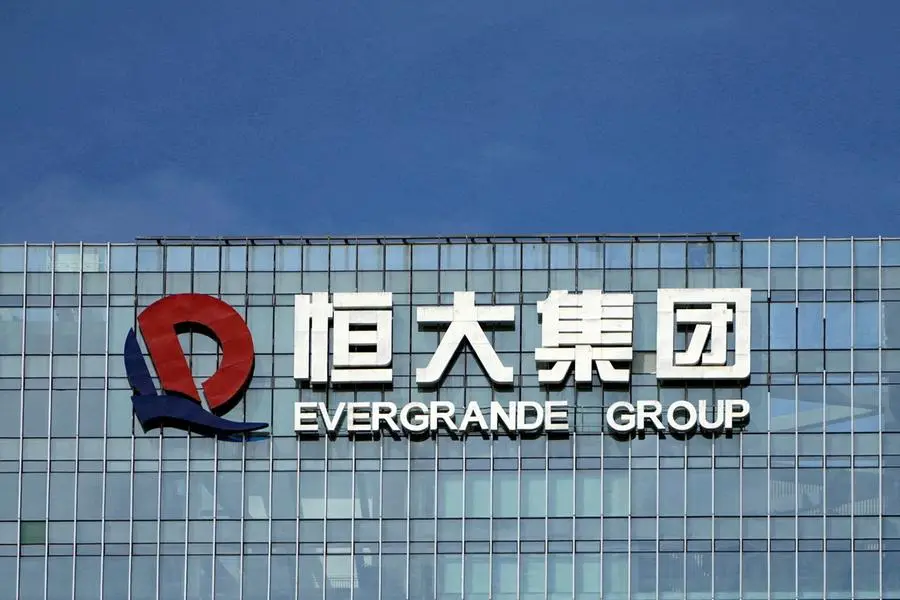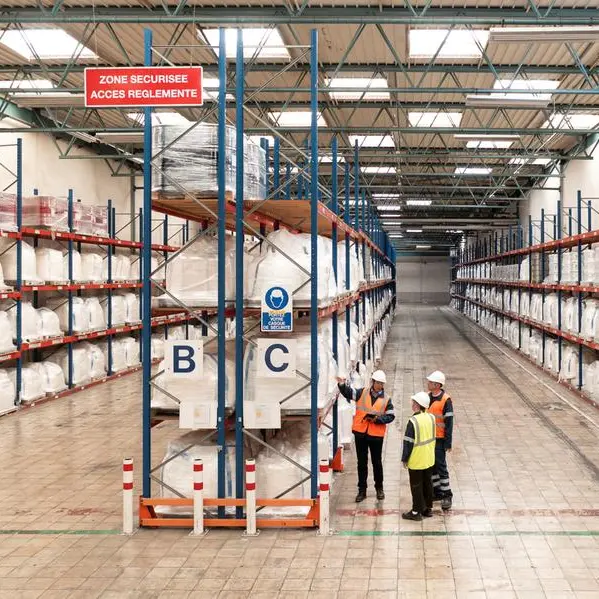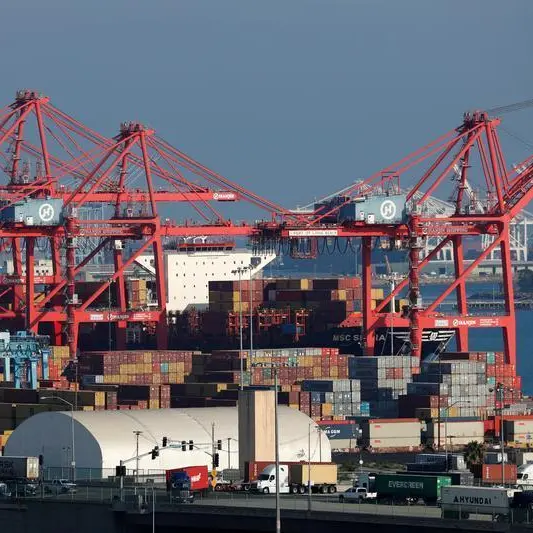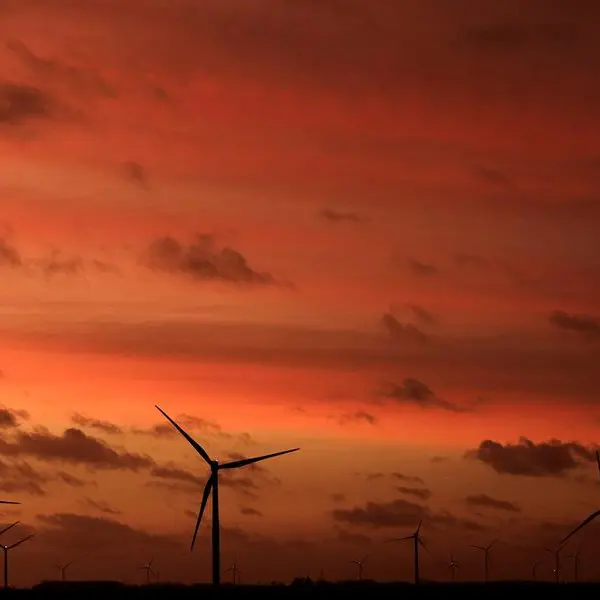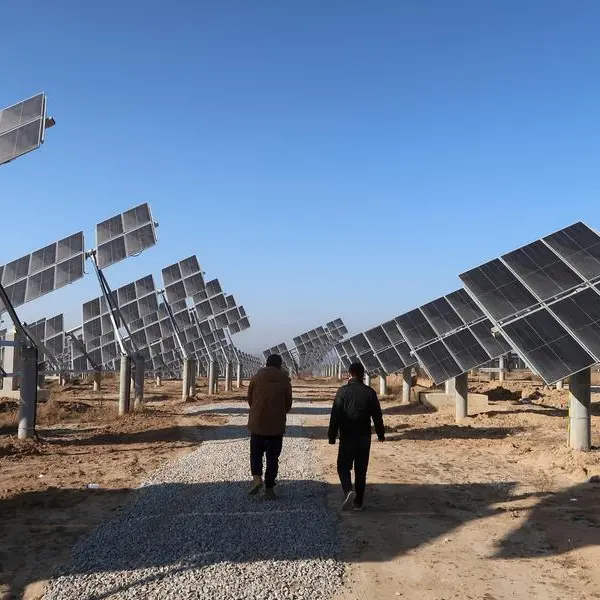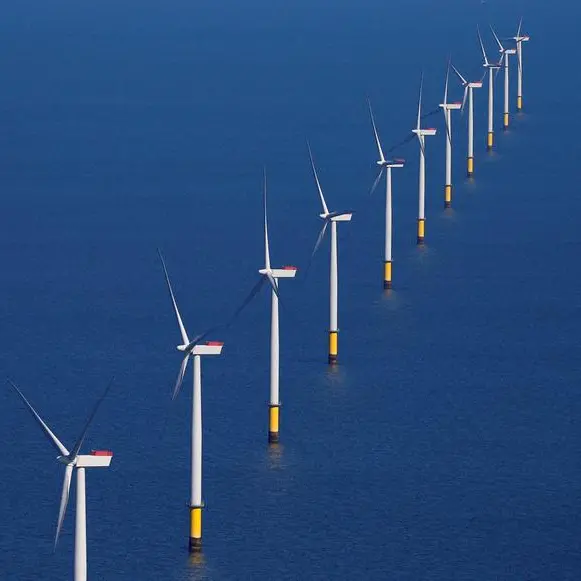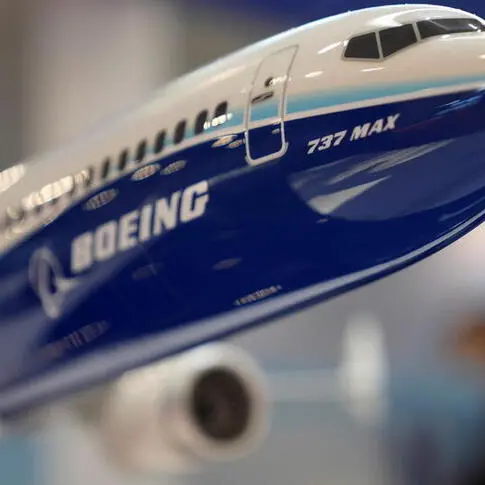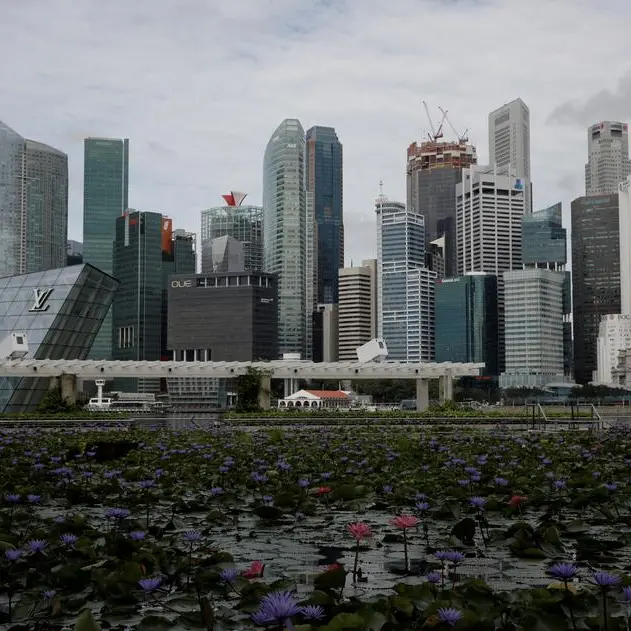PHOTO
HONG KONG - China Evergrande is trying to stave off liquidation by revising its debt restructuring plan, but its biggest challenge will be convincing its creditors, and shareholders in two of its units, that the proposal is worth their while.
A Hong Kong court on Monday gave Evergrande, the world's most indebted property developer, a five week reprieve to come up with a deal. The company, which has more than $300 billion of liabilities, defaulted on its offshore debt in late 2021 and became the poster child of a debt crisis that has since engulfed China's property sector.
Evergrande's lawyer said the company was working on a revised plan to "monetise the value" of its two Hong Kong-listed units - Evergrande Property Services Group and Evergrande New Energy Vehicle Group (NEV).
Sources familiar with the matter told Reuters that plan included allowing Evergrande creditors to swap their debt into equity and bonds tied to these units.
Evergrande, Evergrande Property Services and Evergrande NEV declined to comment.
For the plan to proceed, shareholders in both units will need to approve issuing new bonds and a large volume of new shares, a feat restructuring experts said would be time-consuming and difficult to achieve.
"Any process to issue new debt would need to take account of the interests of the other shareholders in those subsidiaries," said Mat Ng, a managing director specialising in restructuring at Grant Thornton Hong Kong.
"Why would those shareholders want to see new debt issued to replace the existing debt issued by Evergrande, what is the benefit for them?"
The convertible bonds and equity-linked notes to be issued by these listed units could also be subject to Chinese regulatory approval, industry experts said, even though Evergrande's lawyer told the court these notes faced no regulatory hurdles.
Evergrande's initial $23 billion offshore debt restructuring plan was thrown off course last month when its billionaire founder Hui Ka Yan was confirmed to be under investigation for suspected criminal activities.
Due to an investigation into its flagship property unit, Evergrande was barred by mainland regulators from issuing new dollar bonds, a crucial part of the restructuring. That original plan had also offered options including equity-linked instruments backed by Evergrande and the two listed units.
But even before the plan was derailed by the investigations, some creditors were having a hard time accepting it.
Evergrande did not get the 75% of votes required in one of its debt classes to pass the restructuring terms, five sources with knowledge of the matter told Reuters. These Class C creditors include private lenders holding equity in projects as collateral. Some Chinese banks and pre-IPO investors in this class also vetoed the proposal.
Some Class C creditors told Reuters they vetoed the terms because they were not treated fairly by being offered fewer shares in the property services unit than public bondholders who are in the other creditor class.
"We hold collaterals, which will help us realize value even if Evergrande is liquidated," said a Class C creditor, who expected a better recovery rate for his debt than the bondholders.
Evergrande has been focusing on negotiating with a major group of bondholders, and had gained their support for the initial restructuring deal. But now they are also unhappy with the revised terms, three people familiar with the matter said.
"As the judge said in court, a winding-up may be better for us because a restructuring carried out by a liquidator would treat all creditors fairly," said another Class C creditor. Both creditors declined to be named as they were not authorised to speak to media.
(Reporting by Clare Jim and Xie Yu in HONG KONG, Scott Murdoch in SYDNEY; Editing by Miral Fahmy)
